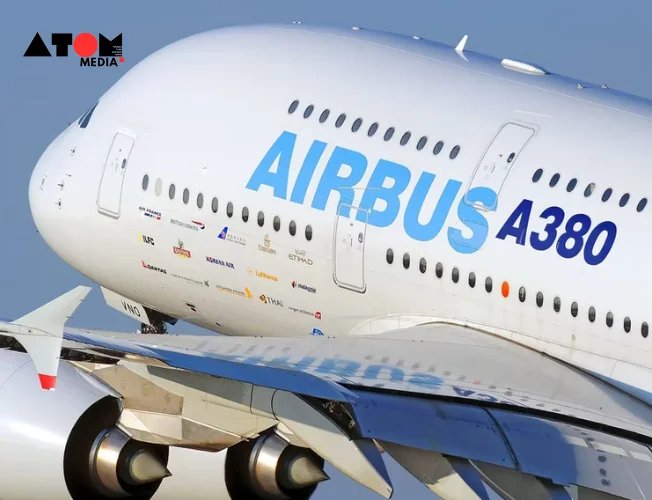The massive European aerospace company Airbus was compelled to modify its 2024 goals, bringing forward its anticipated schedule for achieving a greater production rate and decreasing its goal for total aircraft deliveries. These changes coincide with continuous difficulties in the global supply chain.
Reduced Delivery Target
Initially, Airbus planned to supply about 800 aircraft by 2024. The corporation has amended this forecast lower to about 770 deliveries, nevertheless, in light of recent circumstances. Compared to the prior year, this indicates a 5% growth prediction, which is a considerable drop from the 9% gain that was initially predicted.
Production Ramp-Up Delayed
The company also announced a delay in its plan to achieve a production rate of 75 narrow-body aircraft per month. This target, previously set for 2026, has now been pushed back to 2027. Narrow-body jets are a major source of revenue for Airbus, and this delay reflects the current limitations on production capacity.
Headwinds and Taking Responsibility
Airbus CEO Guillaume Faury acknowledged the current difficulties, stating, “We are facing headwinds right now; we have to bite the bullet.” This signifies the company’s recognition of the need to adjust its plans in response to the challenging environment. Several factors are contributing to the supply chain issues impacting Airbus. The COVID-19 pandemic significantly disrupted the global aerospace industry. Many suppliers faced financial difficulties and workforce reductions during the pandemic. As a result, the industry is struggling to rehire workers and re-establish a stable supply chain for essential parts.
Engine Supply Issues for A320 Family
A specific area of concern is the supply of engines for Airbus’ best-selling A320 family of narrow-body jets. Faury highlighted a “significant” deterioration in engine availability in recent months. These engines are crucial for aircraft production, and any delays in their delivery create a bottleneck in the manufacturing process. The shortfall in engine supply affects both Pratt & Whitney (a subsidiary of RTX) and CFM International (a joint venture between GE Aerospace and Safran). Faury hinted at potential consequences for these suppliers, stating they would “face the consequences” of any delays caused by their engine production issues.
Spirit Aerosystems and Deal Uncertainty
Initially, Airbus planned to supply about 800 aircraft by 2024. The corporation has amended this forecast lower to about 770 deliveries, nevertheless, in light of recent circumstances. Compared to the prior year, this indicates a 5% growth prediction, which is a considerable drop from the 9% gain that was initially predicted.
Beyond Engines: Seat and Cabin Part Shortages
Engine issues are just one piece of the puzzle. Shortages of seats and cabin parts are also contributing to the production delays. Faury emphasized the ongoing challenges related to aircraft interiors, highlighting the “very difficult situation.”
Impact Across the Production Line
The manufacturing of airplanes is being delayed as a result of these supply chain problems. Airbus is having problems with its landing gear and interior parts in addition to its engines. In a recent interview, Christian Scherer, the president of Airbus’s planemaking division, reaffirmed these pervasive supply chain limitations.
Labor Strikes Adding to the Challenge
The situation is further complicated by ongoing labor strikes. For instance, workers producing components for Airbus and Boeing landing gear at a Safran factory near Montreal, Canada, have been on strike for nearly four weeks, further disrupting the supply chain.
A Reuters report from Toulouse, France, identified several undelivered Airbus wide-body jets parked without engines. While Rolls-Royce engine deliveries for the A330neo are behind schedule, the A350 program seems less affected. However, the overall parts shortages are causing delays in the fitting of even available engines.
The current situation presents significant challenges for Airbus. The company is actively working to navigate the complexities of the global supply chain. While revised delivery targets and production timelines reflect the current difficulties, Airbus remains committed to fulfilling its customer obligations.
Read more: Marketing News, Advertising News, PR and Finance News, Digital News





